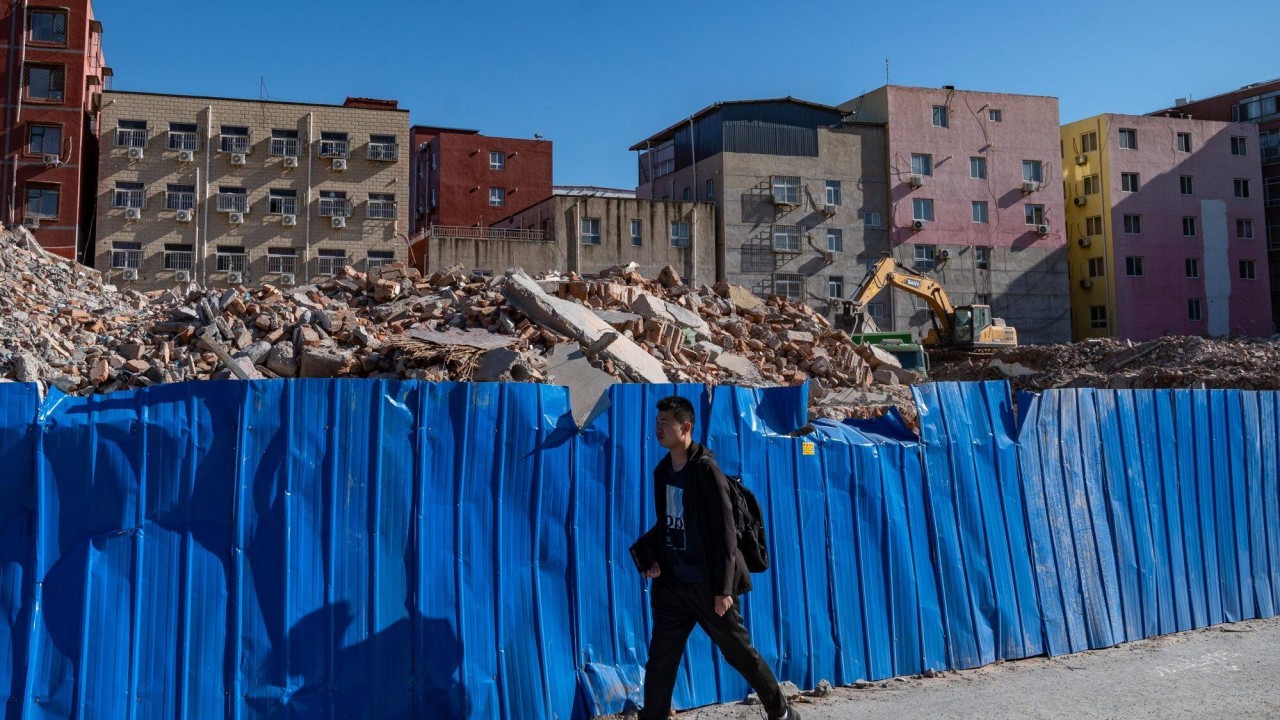
The authorities are preparing a draft “white list” containing 50 property developers that are eligible for debt, loan and equity financing, Bloomberg reported citing people familiar with the matter. This list includes both private and state-owned developers.
The move, if confirmed, could be a positive sign that regulators are broadening the scope of their support for property developers, Raymond Cheng, managing director at CGS-CIMB Securities, a Singapore-based brokerage firm, said in a note. But the actual impact will depend largely on the banks’ execution.
“If there are no mandatory requirements for banks to lend more, we assess that the impact will be limited, especially since banks are still very reluctant to lend to troubled developers,” Cheng said.
This view was echoed by Shi Lulu, director of Asia-Pacific corporate ratings at Fitch Ratings, who said that unless the authorities strictly required and reinforced the rule that private developers be treated as equals to their state-owned peers, banks will have leeway to prioritise state-owned developers.
Chinese shadow bank says deeply insolvent after US$36 billion asset shortfall
Chinese shadow bank says deeply insolvent after US$36 billion asset shortfall
“Financial institutions have been tilting their financing support towards state-owned developers, regardless of where policy is headed,” she said. “This is because banks need to lower their risks.”
State-owned developers are also doing better in terms of sales, as private developers’ sales have taken a hit because of the companies that have defaulted, Shi added.
Financing support among private developers could also be unevenly distributed, with most banks choosing to support top performers and companies that have not yet defaulted on their debt, such as Vanke and Longfor, Shi said.
Shenzhen cuts down payments on second homes as cities try to revive demand
Shenzhen cuts down payments on second homes as cities try to revive demand
Country Garden, meanwhile, could also see some degree of support as it is large in scale and is sitting on good assets.
“Home sales are still the primary driver of developers’ access to financing,” she said in a separate note. “Overall, sales by private developers are more susceptible to market sentiment.
“We looked into several private developers that have not yet defaulted on their debt, and they have three main characteristics: their businesses are either in higher-tier cities or they have stronger brand power in their main markets; second, bank loans make up a huge part of their debt structure; third, they usually run and operate a large-scale property management company; and lastly, they are cautious with risk control, meaning that they rarely resort to off-balance sheet financing.”
China property distress drives up Asian junk bond default rates: Morningstar
China property distress drives up Asian junk bond default rates: Morningstar
Separately, at a gathering of China’s top financial regulators last week, the country’s largest banks, brokerages and distressed asset-management companies were asked to meet all the “reasonable” financing needs of property developers, regardless of whether the developers are private or state-owned.
During the gathering, the regulators also proposed new benchmarks stipulating the minimum amount of loans that banks should provide to private property developers relative to the industry. The banks have been asked to maintain a growth rate of loans provided to private developers that is no less than that of the total loans provided to the property sector, local media reported.

